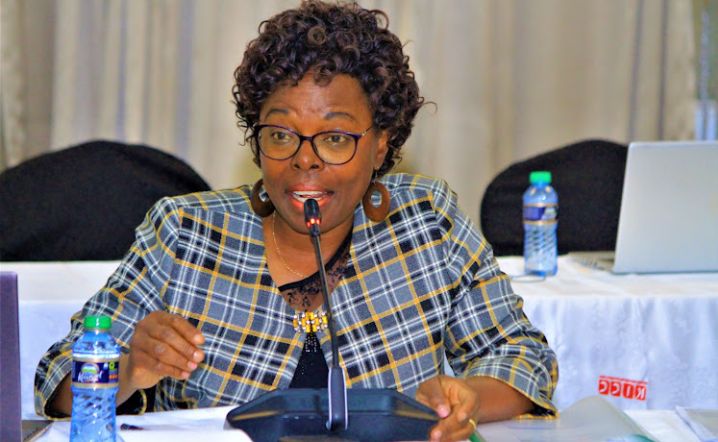The Controller of Budget (CoB) has issued a directive to county governments, stating that they cannot use their budget allocations to provide bursaries for students in primary schools, secondary schools, and universities.
According to the CoB, these levels of education are under the responsibility of the national government, as clearly outlined in the Fourth Schedule of the Constitution.
This means counties must focus their resources on areas assigned to them, such as pre-primary education, village polytechnics, home craft centers, and childcare facilities.
The directive also emphasizes that if a county government wishes to assist students in educational levels managed by the national government, they must enter into intergovernmental agreements as provided for under Article 187 of the Constitution and the Intergovernmental Relations Act.
This would ensure that the support aligns with legal and constitutional provisions while maintaining clear distinctions in responsibilities.
This move has sparked debate and concern among county officials and political leaders.
Many argue that bursaries are crucial in supporting vulnerable students, especially in regions where families struggle to afford education costs.
They believe bursaries provided by counties have historically played an important role in reducing inequality and ensuring equitable access to education for all learners, particularly those from marginalized communities.
Critics of the directive fear that stopping counties from issuing bursaries will leave many students without the financial support they need to stay in school.
Marginalized and remote areas, where access to national government programs is often limited, are expected to be the hardest hit.
The decision has also raised questions about whether the national government has the capacity to fully address the financial needs of students across the country without supplementary support from counties.

This directive has reignited discussions about the roles of national and county governments in education funding.
Stakeholders argue that while the Constitution clearly defines responsibilities, there needs to be room for collaboration to ensure that students do not suffer.
Political leaders are calling for the Controller of Budget to reconsider this directive or create a framework that allows counties to continue offering bursaries in a structured and lawful manner.
The debate highlights the challenges of implementing devolution in Kenya and the need for better coordination between levels of government to serve the interests of citizens.
Without swift action, thousands of students risk losing the financial support they depend on for their education.





















Add Comment